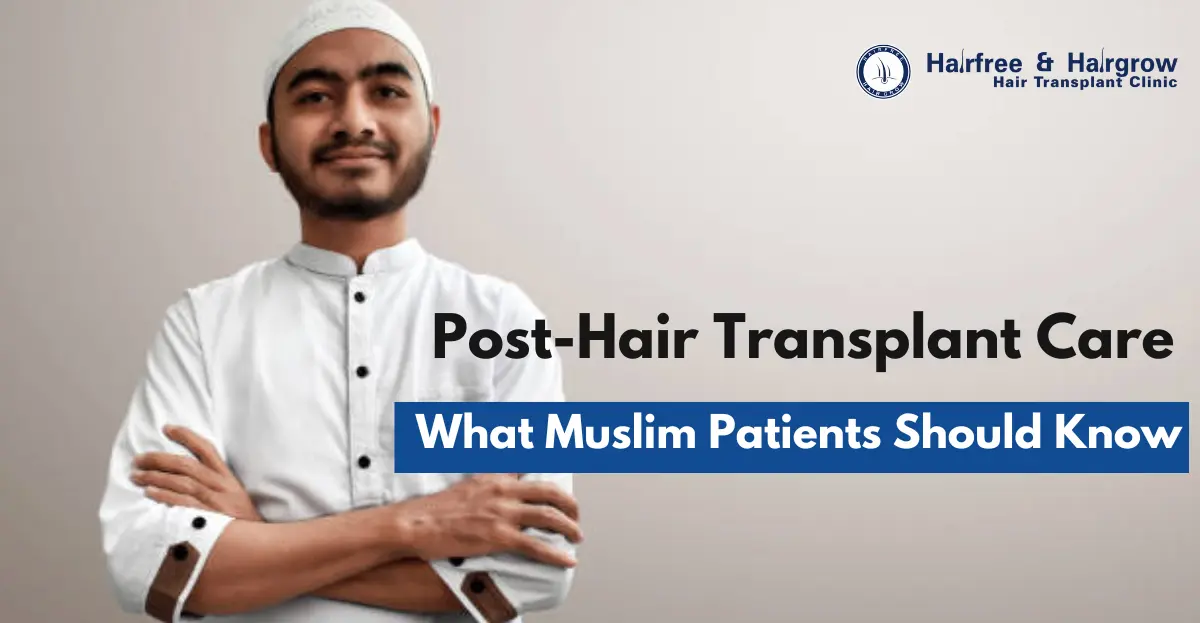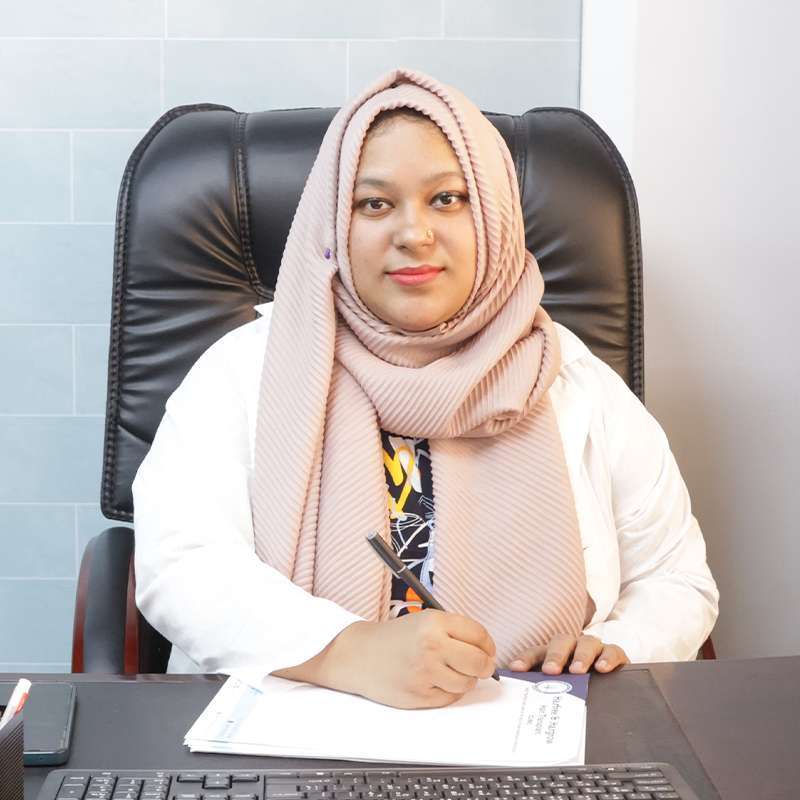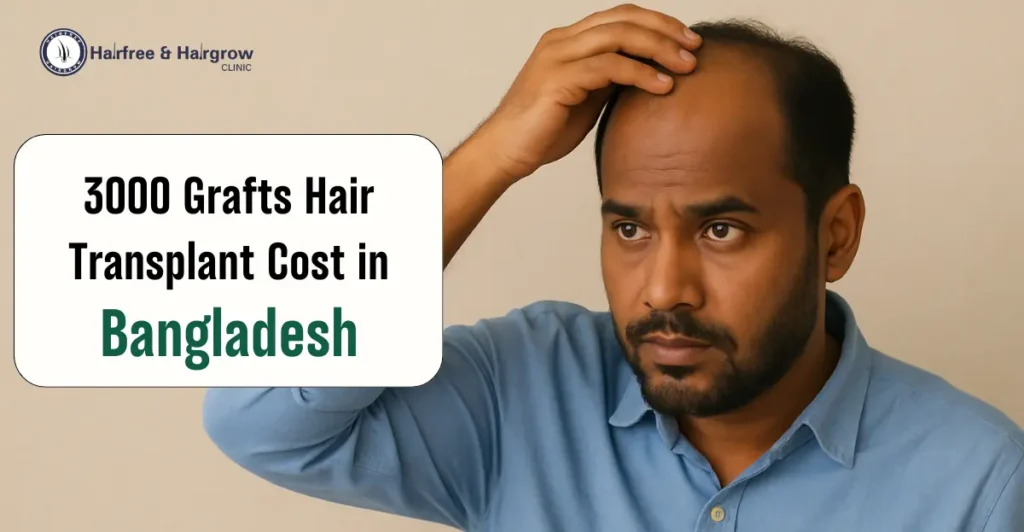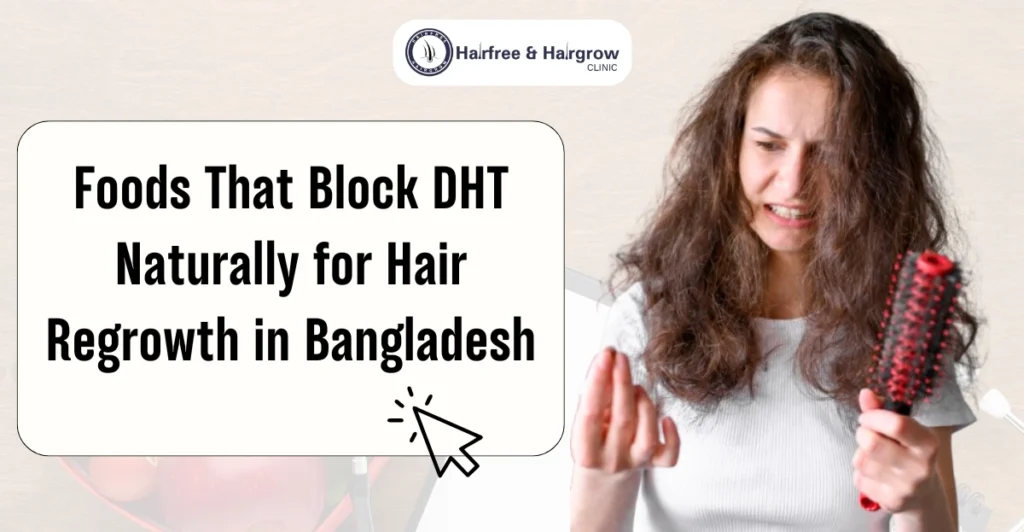Today hair transplant surgery has provided a solution for anyone who wishes for scalp restoration. This includes the health needs and religious considerations of hair transplant for Muslim patients. After a hair transplant care is important in deciding the success of the result and following Islamic criteria for hair care.
The article outlines post-transplant recovery tips for the Muslim population. Especially for those concerned regarding Wudu, hair transplant practices, wearing a hijab or cap, and clinic choice understanding the stated aspects.
Table of Contents
Immediate Post-transplant Care Guidelines
The first few days after undergoing hair transplant surgery are very critical for healing. Some basic Islamic guidelines for hair care to be followed are:
- Do Not Touch The Grafted Area:– Do not scratch or rub the scalp even with the occurrence of itching because this may dislodge some grafts.
- Sleep With Head Elevated; this will reduce swelling in the transplant area.
- Proper Use Of Prescribed Medications: use as directed by the clinic to control pain, and infection, and promote healing.
Correct intervention ensures that advanced FUE produces optimal results but has reduced recuperation time.
Read Also : Hair Wash After Hair Transplant?

Wudu and Ghusl Considerations After Hair Transplant
Wudu and Ghusl are essential religious practices for Muslim patients that could also be modified during post-operative management of hair transplants. Guidelines for safe wudu and hair transplant recovery:
1) Dry Ablution (Tayammum): If injuring the grafts or spilling water on our scalp would be harmful, Tayammum is a relief replacement when needed.
2) Avoiding the Grafted Area: Wudu can be performed without really touching the graft.
Temporary Allowances in Islamic Practices
Islam allows some temporary concessions in religious practices. This is because the religion emphasizes health preservation. However, when such actions threaten to heal, temporary exemption encourages the patient to resume the full practice once the patient has healed.
Timeline for Resuming Normal Practices
Most patients resume Wudu and Ghusl at about 10-14 days post-op, depending on healing progress and guidance by their surgeon.
Our Clinic Location: Hair Transplant in Dhaka
Wearing a Hijab or Cap Post-transplant
For Muslim women who wear the hijab, as well as men who usually wear caps, such discomfort raises concerns about whether the grafts can heal properly while still complying with religious or cultural practices.
- Avoid Tight Headwear: For the first week, avoid wearing anything that applies pressure to the grafted area.
- Use Loose Hijabs or Caps: Using loosely draped hijabs or caps made from soft, breathable materials will help avoid irritation.
- Consult Your Surgeon: Follow specific recommendations about when it’s safe to wear regular head coverings.
Read Also
Common Post-transplant Concerns for Muslim Patients
Managing Sweat During Prayers
Sweating during prayers or daily activities is a natural occurrence but may worsen scalp hygiene. Scalp care after hair transplant is essential:
- Gently clean the forehead and scalp with a soft damp cloth if needed.
- Mild clinic-approved products for scalp cleaning without affecting grafts.
Handling Itching or Discomfort
Itching is common so one must avoid scratching, especially during prayers or any activity. Patients can use soothing sprays or medications to relieve discomfort approved for their use.
Long-Term Care Tips
- Scalp Hygiene: Maintenance of scalp hygiene should be it by washing regularly as the doctor recommends.
- Protection from Sun Damage: Do not stay under direct sunlight for the first few months or wear a wide-brimmed hat for outside.
- Follow a Good Diet: Vitamins and proteins are nutrients related to hair growth and overall health.
Why Choose a Clinic Understanding Your Needs?
Most often, Muslim patients prefer clinics that take into account both medical expertise and religious practice. Thus, a good clinic with a patient hair transplant facility is essential. Hair transplant in Bangladesh can offer a combination of the most skillful procedures like the advanced FUE method with consideration for Islamic practice. It makes such a clinic sound better and more comforting.
Conclusion
Successful post-hair transplant care of Muslim patients is defined by the balance between medical prescriptions and Islamic guidelines about hair care. From adapting Wudu practice for daily things like wearing the hijab, thoughtful approaches create paths for the patients to heal without breaking their commitments in the name of religion. Always consult a clinic that respects and understands you in all your particular needs.
FAQ
It may require some adaptation. Avoid direct contact with the grafted area during recovery. Consider Tayammum if necessary during the hair transplant healing process.
No tight head coverings, otherwise, it may disturb grafts. Just a few days after the operation, they will be able to switch to loose, more breathable head coverings, but only after consulting the surgeon regarding their particular situation.

Written By
Medical Officer & Hair Transplant Surgeon
Dr. Nazmin Sultana Nipa is a distinguished hair transplant doctor in Bangladesh, known for her advanced skills in hair restoration. As a Medical Officer and Hair Transplant Surgeon, Dr. Nipa combines her extensive experience in the field with a focus on transparency and patient-centered care.
Disclaimer
We’ve made all possible efforts to ensure that the information provided here is accurate, up-to-date and complete, however, it should not be treated as a substitute for professional medical advice, diagnosis or treatment. See Detailed Disclaimers Here.



